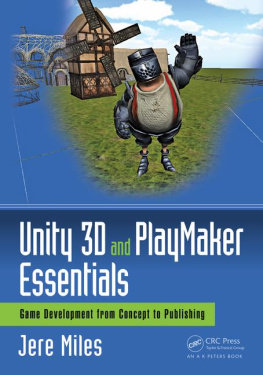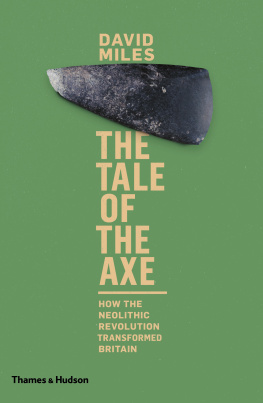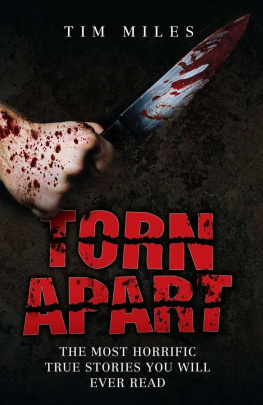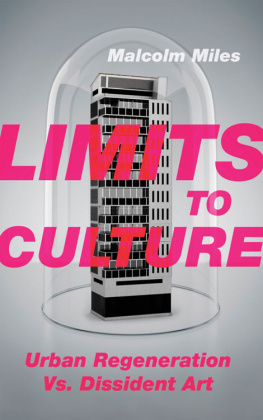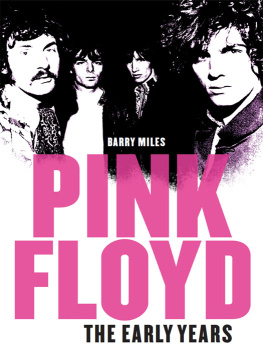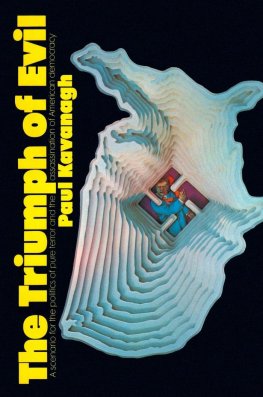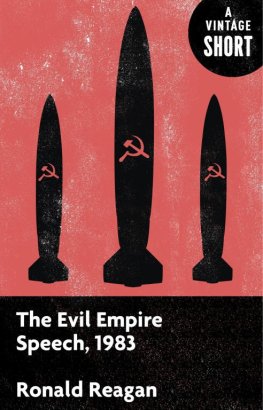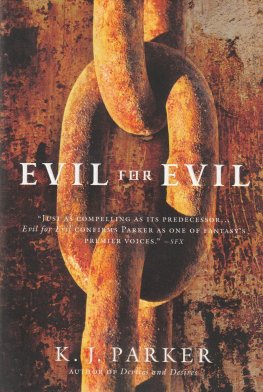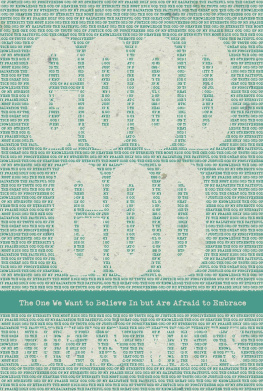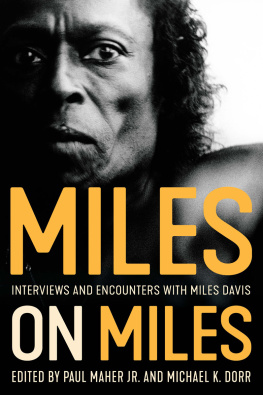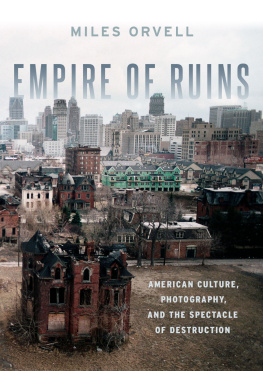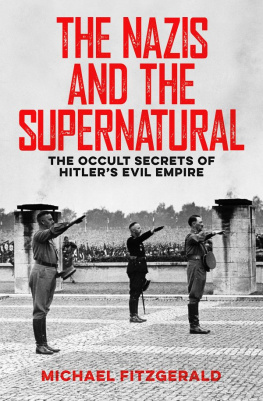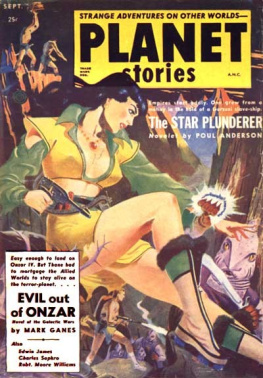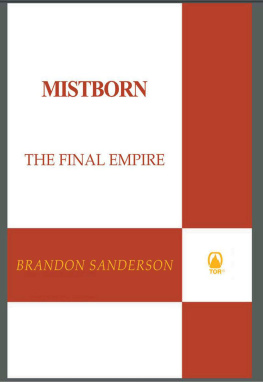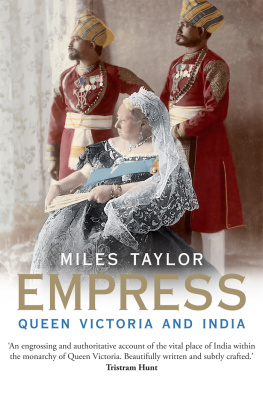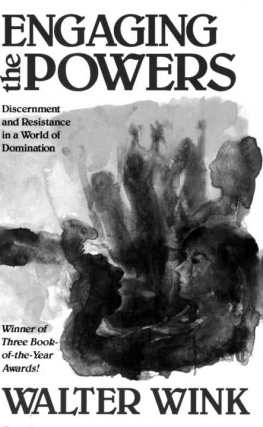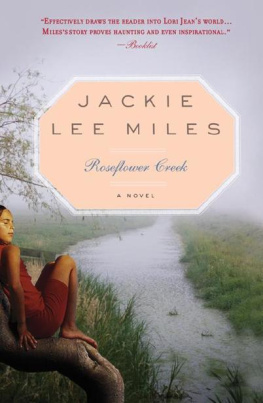Miles - Engaging the Evil Empire
Here you can read online Miles - Engaging the Evil Empire full text of the book (entire story) in english for free. Download pdf and epub, get meaning, cover and reviews about this ebook. publisher: Cornell University Press, genre: Politics. Description of the work, (preface) as well as reviews are available. Best literature library LitArk.com created for fans of good reading and offers a wide selection of genres:
Romance novel
Science fiction
Adventure
Detective
Science
History
Home and family
Prose
Art
Politics
Computer
Non-fiction
Religion
Business
Children
Humor
Choose a favorite category and find really read worthwhile books. Enjoy immersion in the world of imagination, feel the emotions of the characters or learn something new for yourself, make an fascinating discovery.

Engaging the Evil Empire: summary, description and annotation
We offer to read an annotation, description, summary or preface (depends on what the author of the book "Engaging the Evil Empire" wrote himself). If you haven't found the necessary information about the book — write in the comments, we will try to find it.
Miles: author's other books
Who wrote Engaging the Evil Empire? Find out the surname, the name of the author of the book and a list of all author's works by series.
Engaging the Evil Empire — read online for free the complete book (whole text) full work
Below is the text of the book, divided by pages. System saving the place of the last page read, allows you to conveniently read the book "Engaging the Evil Empire" online for free, without having to search again every time where you left off. Put a bookmark, and you can go to the page where you finished reading at any time.
Font size:
Interval:
Bookmark:
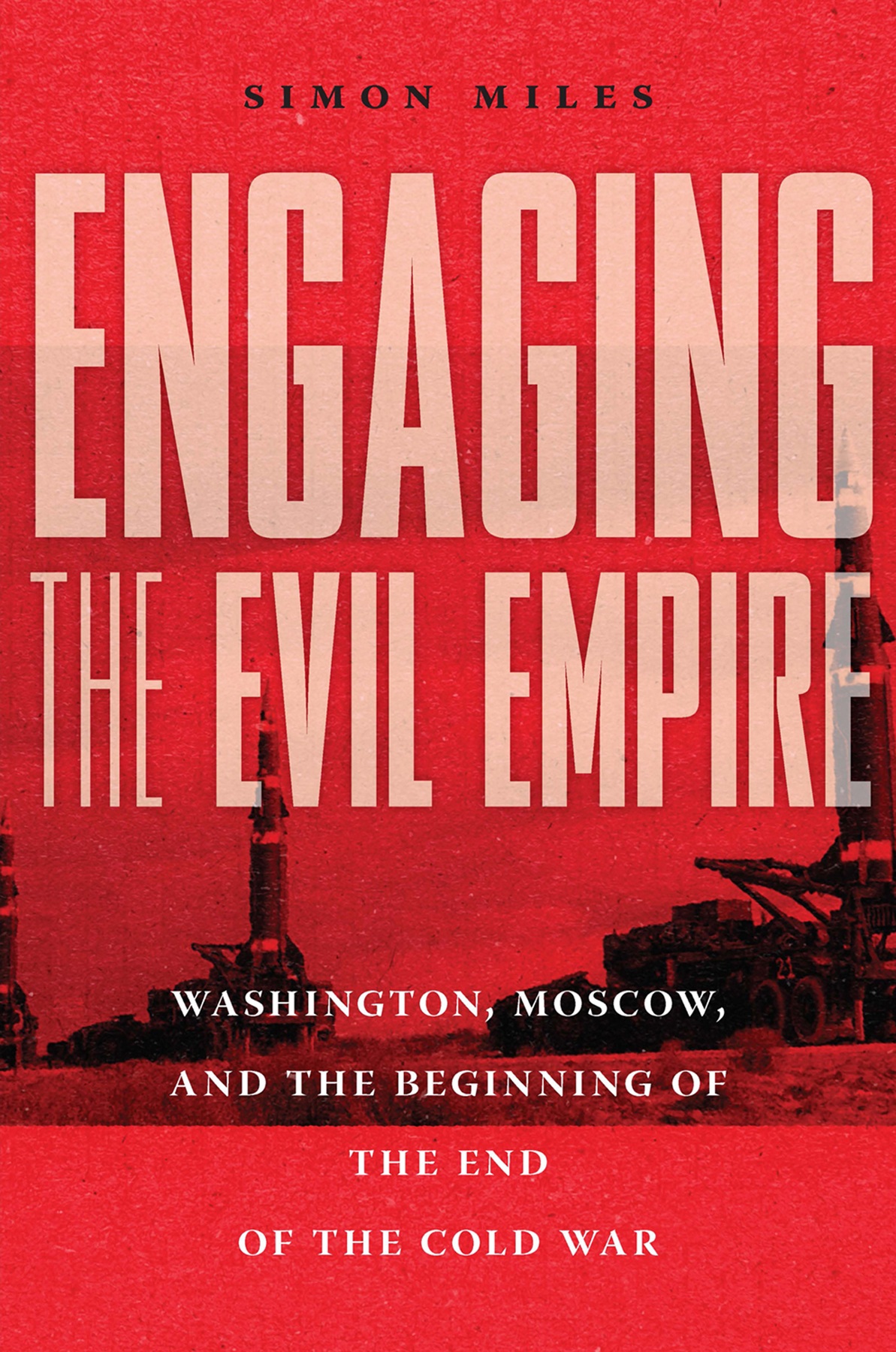
ENGAGING THE EVIL EMPIRE
WASHINGTON, MOSCOW, AND THE BEGINNING OF THE END OF THE COLD WAR
S IMON M ILES
CORNELL UNIVERSITY PRESS
Ithaca and London
For my parents
Im a believer in quiet diplomacy and so far weve had several quite triumphant experiences by using that method. The problem is, you cant talk about it afterward or then you cant do it again.
Ronald Reagan to John Koehler, July 9, 1981
We have more contact with the Soviets than anyone is aware of and whether to have a meeting or not is on the agenda at both ends of the line.
Ronald Reagan to Paul Trousdale, May 23, 1983
In completing this project, I have accumulated a host of debts. Any attempt to acknowledge them must begin, as it did, in the archives: the archivists and declassification specialists in the Australian, British, Canadian, Czech, French, German, Russian, Ukrainian, and US archives facilitated my research there and made it extremely fruitful. Without their professionalismand patiencethis book would not have been possible.
Several institutions supported my research. A three-year fellowship from the Social Sciences and Humanities Research Council of Canada gave me the freedom to conduct much of the international archival research on which this book is based. Without this support from the government of Canada, the end product would undoubtedly have suffered. Two successive World Politics and Statecraft Fellowships from the Smith Richardson Foundation also gave me the freedom to make the story I tell as international as possible. I also received valuable financial support from the American Grand Strategy Program and the Josiah Charles Trent Memorial Foundation Endowment Fund at Duke University; the Eisenhower Institute at Gettysburg College; the Gerald R. Ford and George H. W. Bush presidential libraries; and the Center for Russian, East European and Eurasian Studies, the Robert Strauss Center for International Security and Law, the William P. Clements Jr. Center for National Security, and the Department of History at the University of Texas at Austin.
The research for this book began at the University of Texas at Austin. While there, I benefited from the guidance and insights of a group of outstanding historians in the History Department and the Lyndon B. Johnson School of Public Affairs: Frank Gavin, Will Inboden, Mark Lawrence, Charters Wynn, and Jeremi Suri, my adviser, who each made this a better work of history and me a better historian. For that, I am in their debt. I had the good fortune to spend three years as a visiting fellow at the Bill Graham Centre for Contemporary International History at the University of Torontos Munk School of Global Affairs. I am very grateful to John English and Jack Cunningham for giving me an intellectual home there. Toronto is where my journey as a historian began as an undergraduate thanks above all to Bob Bothwell and Lynne Viola, scholars who remain role models and whose influence shaped this project throughout. And I still draw on what I learned during my year at the London School of Economics and Political Science, especially working with Arne Hofmann.
I had the great personal and professional good fortune to finish this project at the Sanford School of Public Policy at Duke University. An interdisciplinary community of colleagues and students, especially those in my grand strategy and Cold War seminars, made me reexamine important issues. I am particularly grateful to Roman Glitminov, Max Labaton, Masha Stoertz, and Elise van den Hoek for their research assistance, Linda Simpson for her kindness and patience, and to Jack Matlock for his generosity and insight. Peter Feaver and Bruce Jentleson have been wonderful mentors and friends; a new faculty member could not ask for better, and I am indebted to them both. I am also grateful to the schools leadership, Kelly Brownell, Judith Kelly, and Billy Pizer, for their support throughout my time in Durham, and especially for making it possible to host an invaluable workshop on the book manuscript.
I presented portions of this research at meetings of the American Historical Association, the Canadian Historical Association, the International Studies Association, the Society for Historians of American Foreign Relations, and the Society for Military History, as well as at conferences and workshops at the Center for Strategic and International Studies, Columbia University, George Washington University, the Institut de Hautes tudes Internationales et du Dveloppement, the Institut dtudes Politiques de Paris, the London School of Economics and Political Science, the Massachusetts Institute of Technology, Stanford University, the Triangle Institute for Security Studies, the University of Texas at Austin, the University of Toronto, and Yale University. The feedback I received at these presentations improved the work and encouraged me to pursue new avenues of research; I am grateful to all the organizers and participants. Elizabeth Charles, Jeff Engel, Kristin Goss, Jim Hershberg, David Holloway, Mark Kramer, Jon Lindsay, Chester Pach, Gunther Peck, Mike Poznansky, Don Raleigh, Tim Sayle, Doug Selvage, Josh Shifrinson, Mary Sarotte, Bill Taubman, Joseph Torigian, Jane Vaynman, James Wilson, and Gail Yoshitani all generously read portions of the manuscript in various forms and gave valuable feedback. Jim Goldgeier, Mel Leffler, Nancy Mitchell, Mike Morgan, and Arne Westad were all generous enough to make the trip to Durham to participate in a workshop on the book, hosted by Peter Feaver and Bruce Jentleson. Having these seven distinguished scholars take the time to read my entire manuscript was an honor, and their suggestions have improved the final product immeasurably. I am grateful to the Massachusetts Institute of Technology Press for permission to reproduce portions of my article The War Scare That Wasnt: Able Archer 83 and the Myths of the Second Cold War, published in the Journal of Cold War Studies. At Cornell University Press, I am grateful to the two anonymous reviewers for their helpful suggestions, to Mary Gendron for shepherding the book through the production process, and especially to Michael McGandy, whose editorial guidance and friendly support made completing this project such a pleasure. Any remaining shortcomings are mine alone.
Friends and family like Violet Syrotiuk and Charlie Colbourn, Karen Colbourn, Sarah Colbourn, Elaine and Marvin Givertz, Katie and Derek Joslin, Maralyn and Michael Novack, Charles Pierson, and Catherine White made writing this book a pleasure. I owe an enormous debt of gratitude to Caryl and Dennis McManus for their support and generosity. And I could not imagine having completed this project without my wife, Susie Colbourn, who has shaped it from beginning to end. As a partner, her love and encouragement helped me see it through to completion. As a scholar, her expertise and input throughout made it immeasurably better.
I lack the words to adequately thank my parents, Murray and Silvia Miles, for everything they have done for me. They have always supported me and, equally important, have always pushed me to better myself and held me to the highest standards. I hope this book is a fitting testament to that; I dedicate it to them with my profound gratitude.
AA | Auswrtiges Amt |
BKA | Bundeskanzleramt |
CIA | Central Intelligence Agency |
Font size:
Interval:
Bookmark:
Similar books «Engaging the Evil Empire»
Look at similar books to Engaging the Evil Empire. We have selected literature similar in name and meaning in the hope of providing readers with more options to find new, interesting, not yet read works.
Discussion, reviews of the book Engaging the Evil Empire and just readers' own opinions. Leave your comments, write what you think about the work, its meaning or the main characters. Specify what exactly you liked and what you didn't like, and why you think so.

